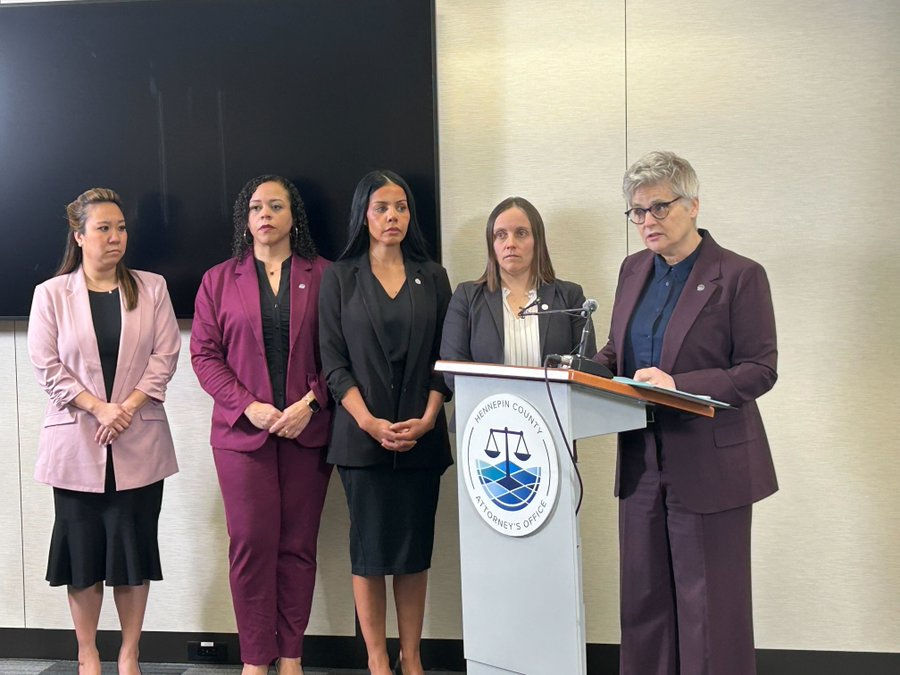The role of Black-affirming children’s books in the fight for racial justice
- Jasmine McBride

- Aug 10, 2023
- 2 min read

Author and illustrator E.B. Lewis recently paid a visit to Zion Baptist Church in North Minneapolis, to discuss his recent book illustration, “I Love My Hair!” with the kids. The book was written by Natasha Anastasia Tarpley.
Lewis also took the opportunity to share his thoughts on the role of literacy in racial liberation.
Lewis says when he was first asked to illustrate children’s books, he turned the offer down. But then he did research and found a budding movement of Black-affirming children’s literature that inspired him to give it a shot.
“I took myself into a bookstore and said, let me see what's going on in kids books. And it was so liberating to see how many black titles there were at that time, in the 90s,” he said. “Growing up in the 50s, as a child, to not see positive images of myself, and to be able to be a part of that process, right there – that is liberating. I look at it from the child's perspective; to be able to help them in trying to figure the world out – that's what a great children's book will do.”
Zion Baptist Church partners with We Win Institute, a non-profit committed to the academic and social success of Black youth. The church utilizes books written and illustrated by Black artists to improve engagement. Lewis says though Black affirming narratives are growing in the children’s literature realm, they are being suppressed in traditional learning institutions.
“I have many books on the list of banned books. It's really not about the book. They are books that empower our children to empower themselves – getting [Black and brown] young people to understand that what they bring to the world is important,” Lewis said. “It's a shame that we are in a country in the 21st century, having to deal with these issues. It is a shame that, right now, we are faced even more with that suppression than before. But at the same time, it gives me a reason for putting more work out.”
Lewis says the best way to make strides in literacy is by example. Lewis says young people need role models who are also invested in liberating themselves through literacy.
“We create readers not by the fact that we read to children. We create readers because we are readers and they model our behavior. And so as a parent myself, it's my duty to my child and to the generations of children here to make sure that they understand why it's important to become literate” he said. “To get Black and brown children to understand the importance of literature and the fact that it was suppressed from the moment we stepped on the shore. To become conscious, critical thinkers – it starts at the house.”
We Win Institute hosts Black-affirming book circles every Saturday for youth.



Comments